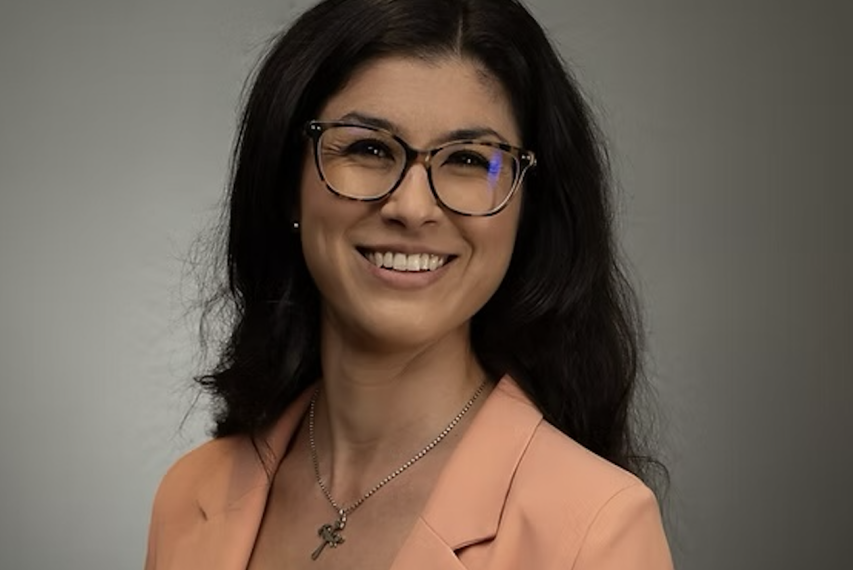
UVA researcher and Assistant Professor of Biology Katja Kasimatis has received a Ralph E. Powe Junior Faculty Enhancement Award, a competitive research grant from Oak Ridge Associated Universities (ORAU). ORAU awarded a total of $180,000 to 36 junior faculty from its member institutions.
ORAU is an association of 160 institutions who serve as leading experts for federal, state and local governments. The organization connects academics, the government and industry to promote collaboration and address the nation’s most pressing challenges.
The prestigious Ralph E. Powe Junior Faculty Enhancement Awards recognize young faculty members at ORAU-affiliated institutions. The awards recognize faculty members for their work in any of five science and technology disciplines: engineering and applied science; life sciences; mathematics and computer science; physical sciences; and policy, management or education. Each institution may only nominate two tenure-track assistant professors and must match ORAU’s $5,000 grant for each of their winning candidates. Winning researchers receive a total of $10,000 to support their research.
Kasimatis was honored with this award for her work with sexual differentiation. Most recently, her research with worms supported the hypothesis that differences in mating fitness can lead interbreeding organisms to separate and eventually develop into their own distinctive species. This research can help inform conservation efforts as it demonstrates that sexual conflict, as well as competition for resources, can lead to species isolation and extinction. It also gives biologists a better understanding of the mechanisms that drive evolutionary biology and species differentiation.
“It is wonderful to see a scientist who has just recently joined the faculty gain external recognition for her work, and to carry on a long tradition of strength in evolutionary biology and population genetics in the Biology Department,” said Alison Levine, Associate Dean for Faculty Affairs in Arts and Sciences.
The Kasimatis Lab also studies why different sexes exist across organisms and the role they play in evolution. By understanding the mechanisms behind sexual differentiation, Kasimatis and her lab explore why some genes benefit one sex over the other and how environmental factors influence mating and genetics.